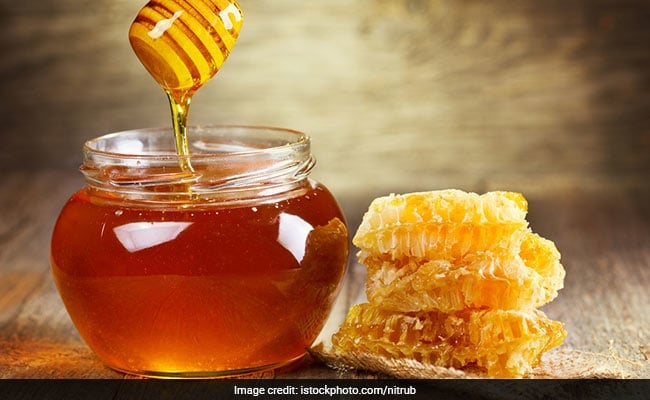- Excessive sugar intake can increase risk of diabetes and obesity
- Sugar contains empty calories and offers no nutritive value
- In fact, it can reduce the amount of nutrients you consume from food
Nutritionists, dietitians and health experts have time and again asked people to stay away from refined sugar. Eating sugary foods and beverages is like consuming empty calories which provide you with no nutrition. What's more is that New European research has found that the more sugar you eat, the fewer vitamins and minerals you consume in your daily diet. Intake of refined sugar has been linked to diabetes, weight gain, high blood sugar levels and much more.
Researchers from Lund University in Sweden examined data gathered from two different study groups: one which surveyed 1,797 participants aged 18 to 80 years and assessed their dietary intake using a four-day food diary; and another which included 12,238 participants aged 45 to 68 years and assessed their diet using a combination of a seven-day food diary, a food frequency questionnaire and an interview.
Also read: How Much Sugar Should You Consume In A Day? Health Hazards Of Excess Sugar
From this data, researchers were able to look at the intake of sugar among participants. This included sugar consumed from processed foods and drinks, and not the naturally existing sugar in fruit, vegetables or milk. Researchers also examined the average daily intake of micronutrients like iron, potassium, folate, Vitamin D, Vitamin C, zinc, selenium, calcium and magnesium.
Finding of the study were published in journal Nutrition and Metabolism. It showed that higher intake of sugar resulted in lower intake of all nine vitamins and minerals, reports AFP.
Sugar alternatives: Risks of consuming white sugar
Consumption of sugar has been linked to a number of diseases including diabetes, poor dental health, obesity, weight gain and cardiovascular diseases. However, it is important to note that the amount in which you have sugar every day matters.
The sugar you add to your tea or coffee will not necessarily lead to the adverse health outcomes mentioned above. Celeb nutritionist Rujtua Diwekar says that it is safe to have six to nine tsp of sugar in a day. And if you are having only a cup or two of tea or coffee in a day, with one tsp in each, then your sugar consumption is fine as per guidelines of World Health Organization and other global organisations for diabetes.

You can add a tsp of sugar to your tea and coffee
Photo Credit: iStock
What you need to avoid is sugar in biscuits, cookies, breakfast cereals, fruit juices, aerated drinks, diet soda, etc. You can opt for fresh sugarcane juice, lemon water, coconut water, buttermilk and other healthy beverages especially during the summer.
Also read: Got A Sweet Tooth? Try These Methods To Fight Sugar Cravings Instantly
Healthy sugar alternatives
There are multiple healthy alternatives available for white sugar. Following are some healthy sugar alternatives that you can bank on:
- Date sugar
- Coconut sugar
- Honey
- Dates
- Jaggery
- Maple syrup

Honey is considered to be a healthy sugar alternative
Photo Credit: iStock
Also read: Rujuta Diwekar Explains How Many Cups Of Tea Or Coffee You Should Have In A Day And Why
(Rujuta Diwekar is a nutritionist based in Mumbai)
Disclaimer: This content including advice provides generic information only. It is in no way a substitute for qualified medical opinion. Always consult a specialist or your own doctor for more information. NDTV does not claim responsibility for this information.
Track Latest News Live on NDTV.com and get news updates from India and around the world

